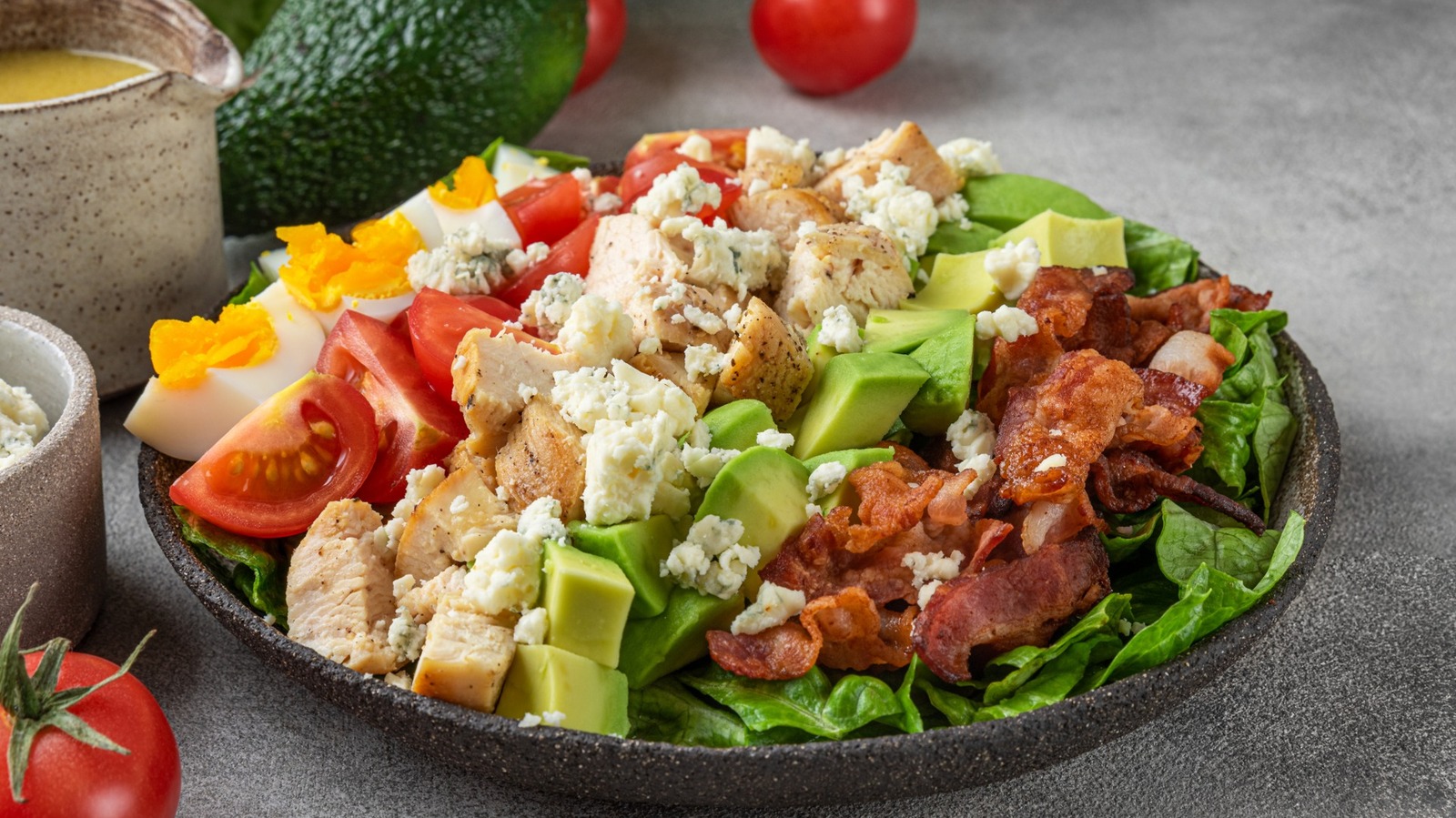
Eggs are versatile and have great health benefits like being nutrient-rich and providing a complete source of protein. Although there is some debate about their high cholesterol content, research suggests that eggs can make a nutritious addition to a healthy diet. Whether you like them scrambled in a stir-fry, cooked in a seasonal breakfast frittata , or hard-boiled, there are plenty of ways to include this superfood in your diet.
However, the way you cook your eggs will not only change their taste but also their nutritional value. And overcooking them seems to be a nutritional killer. Whether you're scrambling, boiling, or baking eggs, overcooking them is a risk that can make these methods some of the unhealthiest ways to cook eggs .
When eggs are exposed to high heat for a prolonged amount of time, the nutrients found in the yolk are drastically reduced. Research has suggested that eggs can lose 17-20% of their vitamin A content. Common cooking methods can also reduce eggs' antioxidant levels, especially xanthophyll which is important for eye health.
If you want to make the most out of your eggs' nutritional content, some cooking styles are better than others. How to cook eggs to preserve their nutrients Cooking your eggs at a lower temperature in a shorter time frame is a great way to preserve their nutrients. Soft-boiled eggs will ensure a runnier yolk and retain most of the heat-sensitive nutrients, as they only need around 5-6 minutes to cook .
If your water reaches boiling point, it will be hot enough to kill salmonella bacteria. But if you want to be extra safe, don't leave your yolks completely runny. Poached eggs are another method that will preserve the yolks' nutrients, as it requires little cooking time.
The only downside here is that you may lose a little protein from the egg whites lost in the poaching water. If you really want a nutritional punch, avoid recipes where your eggs cook for a longer period like a quiche or casserole. Baking eggs for longer than 40 minutes can really impact their nutrients, with their vitamin D content being reduced by up to 61%.
Frying eggs is also not helpful nutrient-wise, since this requires hot oil and high heat. No matter which out of the 101 ways to cook your eggs , there is no wrong or right since we all have different dietary needs and preferences. The bottom line is that even with some nutrients lost to heat, eggs still have plenty of nutritional value.
.














